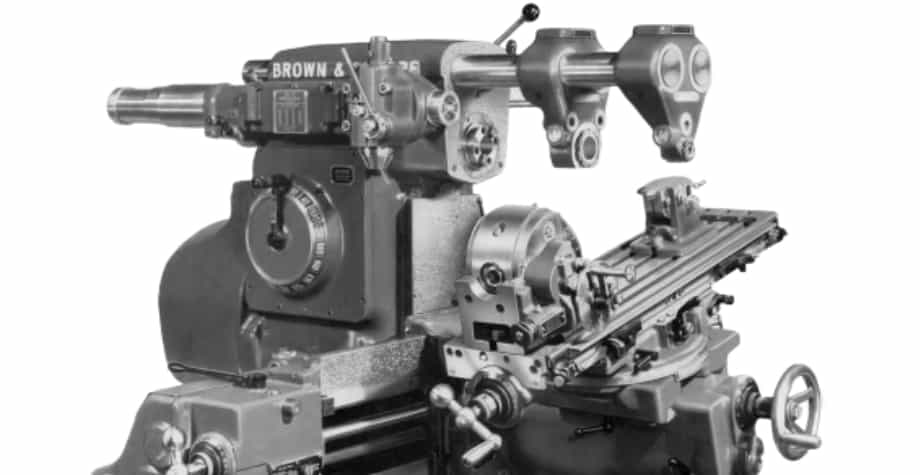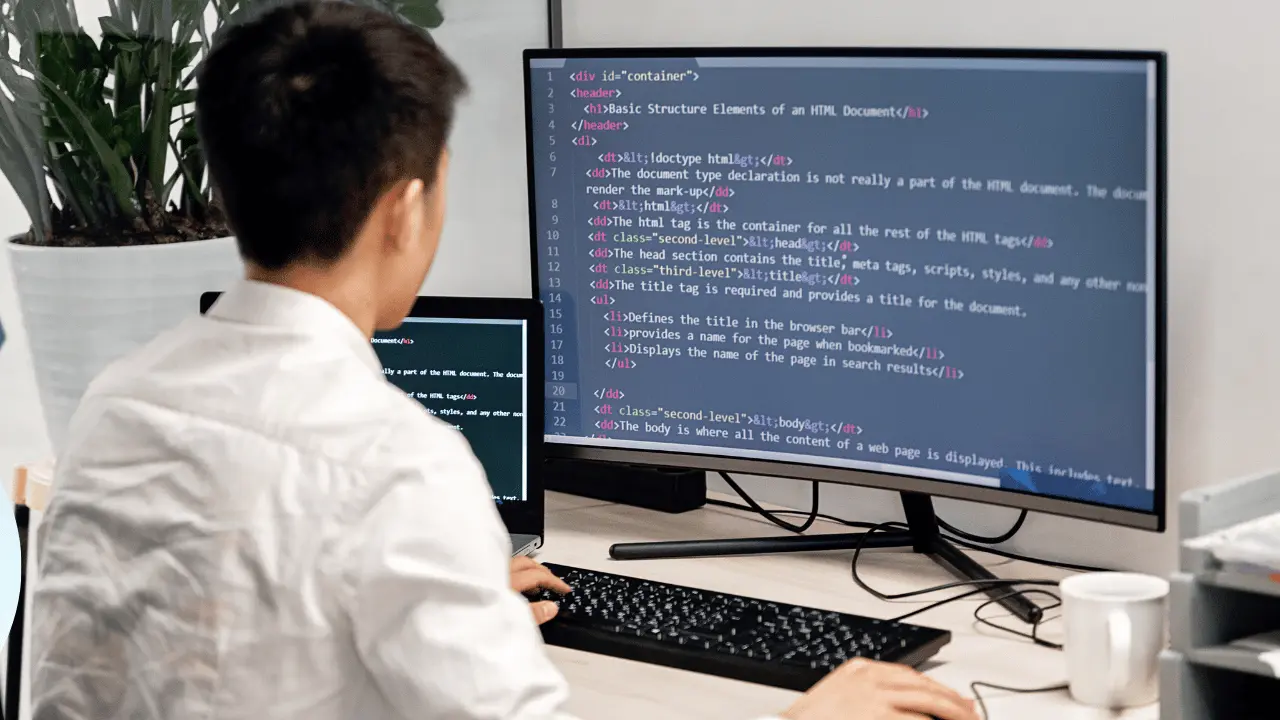
CNC machining, or Computer Numerical Control machining, has become a cornerstone of modern manufacturing. This technology has transformed the way we create parts for both large machinery and smaller equipment. It all started back in the 1950s, a time when new information technologies began to emerge. The integration of computers with manufacturing processes allowed for greater precision and efficiency than ever before. Since then, CNC machining has evolved significantly, and its impact is felt across various industries, including automotive, aerospace, and medical devices.
One of the standout features of CNC machining is its precision. Unlike traditional machining methods, CNC machines are controlled by computers that follow detailed programming. This means that every cut, drill, and shape is executed with a level of accuracy that is hard to achieve manually. For manufacturers, this precision reduces the risk of errors and minimizes waste, making production more efficient. Additionally, because CNC machines can replicate the same process over and over again, they ensure that every part produced meets the same high standards.
The benefits of CNC machining extend beyond just precision. The technology is designed for repeatability, allowing manufacturers to produce large quantities of parts with consistent quality. This is particularly important in industries where safety and reliability are paramount, such as aerospace and automotive. With CNC machining, manufacturers can quickly adapt to changing demands without compromising quality. Whether it’s creating complex components or simple parts, CNC machining is capable of handling a wide range of materials and shapes.
Advantages of CNC Machining
One of the main advantages of CNC machining is its efficiency. Traditional machining methods can be time-consuming and labor-intensive, often requiring skilled workers to operate the machines. In contrast, CNC machines can operate continuously, producing parts around the clock with minimal human intervention. This leads to faster production times and lower labor costs, making CNC machining an attractive option for many businesses.
Another benefit is the versatility of CNC machining. These machines can work with a variety of materials, including metals, plastics, and composites. This flexibility means that manufacturers can easily switch from one project to another without needing to invest in new equipment. Additionally, CNC machining is suitable for both small batch production and large-scale manufacturing, making it an ideal choice for companies of all sizes. Whether you need a single custom part or thousands of identical pieces, CNC machining can deliver the results you need.
CNC machining also plays a crucial role in innovation. As industries continue to develop new products and technologies, the demand for complex and unique parts grows. CNC machines are capable of creating intricate designs that would be impossible to achieve with traditional methods. This capability allows engineers and designers to push the boundaries of what’s possible, leading to new products that enhance our daily lives. By harnessing the power of CNC machining, companies can stay competitive in a rapidly changing market.
The Future of CNC Machining
Looking ahead, the future of CNC machining appears bright. As technology continues to advance, we can expect even more innovations in the field. One exciting development is the integration of artificial intelligence and machine learning into CNC machines. These technologies can optimize production processes, predict maintenance needs, and improve overall efficiency. This means that manufacturers can operate their machines with even greater precision and reliability.
Sustainability is another important factor shaping the future of CNC machining. As environmental concerns grow, manufacturers are seeking ways to reduce waste and energy consumption. CNC machining offers a more efficient alternative to traditional methods, leading to less material waste and lower energy usage. By investing in CNC technology, companies can not only improve their bottom line but also contribute to a more sustainable future.
Moreover, the rise of digital manufacturing and Industry 4.0 is set to transform CNC machining even further. With the ability to connect machines to the internet, manufacturers can monitor their processes in real time, making adjustments as needed. This level of connectivity allows for smarter manufacturing solutions that improve efficiency and reduce costs. As industries continue to evolve, CNC machining will remain a vital part of the manufacturing landscape, adapting to meet the needs of tomorrow.
In conclusion, CNC machining has revolutionized the manufacturing industry since its inception in the 1950s. Its precision, efficiency, and versatility make it an essential tool for producing parts in various sectors. As we look to the future, advancements in technology and a focus on sustainability will continue to drive the evolution of CNC machining. For those interested in exploring the capabilities of CNC machining, visit Radmot to learn more about how this technology can meet your manufacturing needs.





